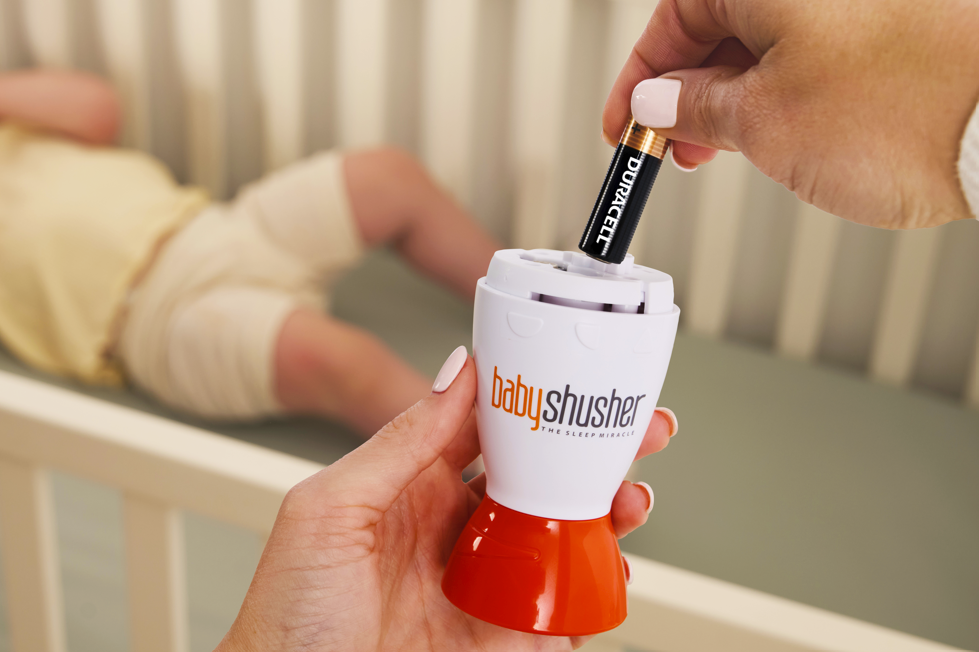As a new parent, one of the most pressing concerns is ensuring your baby sleeps soundly and safely. The internet is a vast treasure trove of information, but it can also be a breeding ground for myths and misconceptions about baby sleep. To help you navigate this critical aspect of parenthood, we've compiled expert insights to debunk some of the most prevalent baby sleep myths. Let's separate fact from fiction, so you can provide your little one with the best sleep environment.
Myth 1: You Should Keep Your Baby Awake During the Day for Better Night Sleep
While it may seem counterintuitive, ensuring your baby gets adequate daytime sleep actually promotes better nighttime sleep. Newborns have a limited ability to stay awake for extended periods, and overtired babies have a greater difficulty settling down at night. The key is to establish a consistent sleep schedule with both naps and nighttime sleep.
Myth 2: Babies Should Sleep Through the Night by Three Months
Every baby is unique, and the idea that all babies should sleep through the night by a specific age is a common misconception. Newborns need to wake for feedings, and their sleep patterns will evolve as they grow. It's essential to be patient and responsive to your baby's needs rather than setting rigid expectations.
Myth 3: Adding Cereal to the Bottle Will Help Baby Sleep Longer
Introducing solid foods too early can be harmful to your baby's digestive system. It's recommended to exclusively breastfeed or use formula for the first six months. Discuss any feeding concerns with your pediatrician. Solid foods should only be introduced when your baby shows signs of readiness.
Myth 4: You Should Keep Your Baby in Complete Silence While They Sleep
While it's crucial to ensure your baby's sleep environment is safe, it doesn't need to be completely silent. Babies adapt to various sounds while sleeping. In fact, many infants find white noise, such as a gentle lullaby or a noise machine, soothing. These sounds can help mask other disruptive noises, promoting better sleep.
Myth 5: The Harder You Swaddle Your Baby, the Better They Sleep
Swaddling is an effective technique to soothe babies, but it's essential to do it correctly. Overly tight swaddling can lead to hip issues and other complications. Always follow safe swaddling guidelines and consider using swaddle products designed to prevent over-tightening.
Myth 6: You Should Never Wake a Sleeping Baby
Waking a baby from sleep is typically not advised, but there are exceptions. If your newborn is sleeping through a feeding, it's crucial to wake them to ensure they get the nutrition they need. Once your baby regains their birth weight and your pediatrician gives you the green light, you can let them sleep longer stretches at night.
The journey of parenthood is filled with advice, some of it well-intentioned but not necessarily accurate. By understanding and debunking these common baby sleep myths, you can create a more informed and reassuring environment for your little one. Always consult with your pediatrician for personalized guidance and remember that every baby is different. Patience, care, and flexibility are key to nurturing healthy sleeping habits in your baby.
For more insights on creating a soothing sleep environment for your baby, explore our articles on the benefits of the red light for babies and understanding the best night light colors for newborn babies.

